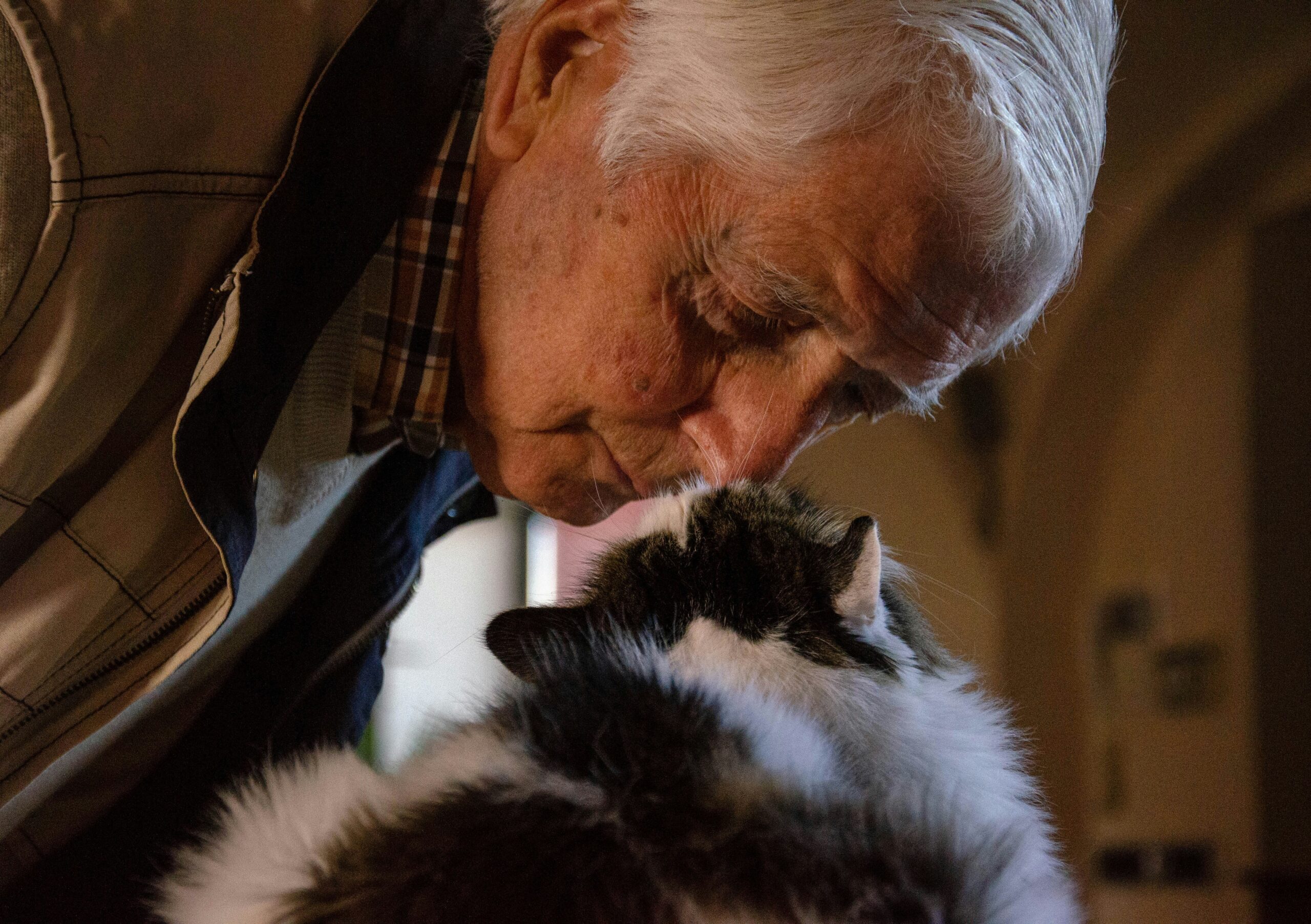Understanding the Benefits of Adopting Senior Pets
Adopting a senior pet can be one of the most rewarding experiences for an animal lover. Older animals often come with a host of benefits that make them ideal companions for various lifestyles. One of the key advantages of opting for a senior pet is their typically calmer demeanor. Unlike younger pets that may have boundless energy and require substantial playtime and training, senior animals are generally more settled, which can make for a more serene living environment.
Furthermore, many senior pets are already trained, possessing essential skills such as house training and basic commands. This seasoned knowledge not only eases the transition into a new home but also reduces the time and effort owners must invest in training. Additionally, senior pets often adapt seamlessly to a domestic life, providing a sense of joy and companionship without the overwhelming demands usually associated with younger animals.
Another significant benefit of adopting older pets pertains to cost. Generally, the expenses associated with vaccinations and spaying or neutering are lower for senior animals, as many have already undergone these procedures. This financial aspect makes adopting a senior pet a more budget-friendly option while still fulfilling the emotional need to care for a loving animal.
Moreover, the emotional rewards of providing a home to a senior pet can be profound. Many older animals have found themselves in shelters simply due to circumstances beyond their control, and adopting one of them offers a second chance at happiness. The connection that forms between an owner and their senior pet can be deeply enriching and fulfilling, benefiting both parties in the long run.
The Unique Personalities of Senior Pets
Senior pets possess distinct personalities that often make them particularly appealing companions. As they age, many animals cultivate a wisdom and gentleness that can create a rewarding bond with their human caregivers. Unlike their younger counterparts, older pets typically exhibit a calmer demeanor, having already settled into their personalities. This tranquil nature not only eases the transition into a new home but can also help alleviate the anxieties that come with adjusting to a new environment.
The emotional depth found in senior pets can be remarkable. Many older animals have a profound appreciation for comfort, often forging strong connections with their human counterparts. Take, for example, a 10-year-old Labrador retriever named Max, who spent his early years in a fast-paced environment filled with energy and chaos. After being adopted by a retired couple, Max transformed into a devoted companion, showcasing his protective instincts and affectionate nature, which endeared him even more to his new family. The unique quirks he displayed, such as following his owners closely around the home and cuddling during quiet evenings, highlighted the emotional bond that can flourish when one adopts a senior pet.
Senior pets often have well-established temperaments that open up opportunities for understanding and connection. They may display individual traits, such as a quirky habit of howling at the sunset or a knack for napping in peculiar positions, which can bring a sense of joy and laughter to their adoptive families. Furthermore, the loyalty exhibited by senior pets can be extraordinarily moving; they seem to recognize the kindness of their new owners and often reciprocate it through unwavering affection and companionship.
In essence, adopting a senior pet not only enriches one’s life through the experiences and quirks they bring but also fosters a unique relationship characterized by mutual respect and love. The joy of sharing life with a senior animal is an experience filled with warmth and companionship.
Common Myths About Senior Pet Adoption
Despite the numerous benefits of adopting senior pets, misconceptions often deter potential adopters from considering older animals for companionship. One prevalent myth is that senior pets are overwhelmingly unhealthy. While it is true that some older animals may require more frequent visits to the veterinarian, many senior pets are in excellent health and can enjoy many years of quality living. According to statistics, many senior pets can live well into their late teens, particularly smaller dog breeds and cats, allowing for meaningful and extended companionship.
Another common myth centers around behavioral issues. Many people believe that adopting older pets means inheriting a host of behavioral problems that could stem from past traumas or lack of training. In reality, senior pets often exhibit well-established behaviors, making them more predictable and easier to manage. Most have outgrown the exuberance associated with younger pets and often adapt more quickly to new environments. They typically have a better understanding of boundaries and may even already be house-trained, easing the transition for both the pet and the new owner.
Furthermore, there is a misconception that senior pets cannot adapt to new surroundings or families. On the contrary, many older animals display remarkable resilience. They are often eager to bond with new humans and can adjust to changes in their habitat with patience and time. Testimonials from numerous senior pet adopters reveal stories of strengthened bonds and joyful moments, proving that love and loyalty from an older pet can be deeply fulfilling. By addressing these myths head-on, potential adopters can feel empowered to consider senior pets as excellent candidates for adoption, nurturing a connection that holds the promise of joy and companionship.
Creating a Comfortable Home for Your Senior Pet
Welcoming a senior pet into your home is a rewarding experience, yet it requires a thoughtful approach to ensure their comfort and well-being. First and foremost, creating a safe environment is crucial. This includes securing areas that may pose hazards, such as stairs or slippery floors. Installing non-slip mats can prevent falls, while barriers can restrict access to dangerous zones. It is also advisable to arrange furniture to create a clear path, allowing your senior pet to navigate easily without obstacles.
Next, consider your new companion’s specific health needs. Senior pets often have dietary restrictions or require specialized food to support their health. Consulting with a veterinarian to determine the best dietary approach is vital. Furthermore, older pets may struggle with mobility issues, so providing access to a cozy bed on a soft surface is essential for their comfort. Elevated food and water bowls can also aid those with joint problems, making mealtime easier and more enjoyable.
Establishing a consistent routine is beneficial for older animals adapting to a new home. This includes regular feeding times and scheduled walks that accommodate their energy levels. Senior pets often appreciate predictability, which can reduce anxiety as they settle in. Moreover, gentle and engaging activities like short walks, puzzle toys, or light playtime can help keep them mentally stimulated without causing exhaustion. It is crucial to observe your pet’s response to different activities, ensuring that they are engaged yet not overwhelmed.
In essence, the key to creating a comfortable home for a senior pet lies in understanding their unique needs while providing an enriched, loving environment that fosters a gradual adjustment. Through careful planning and attention to their health, your new furry friend can thrive in their forever home.


